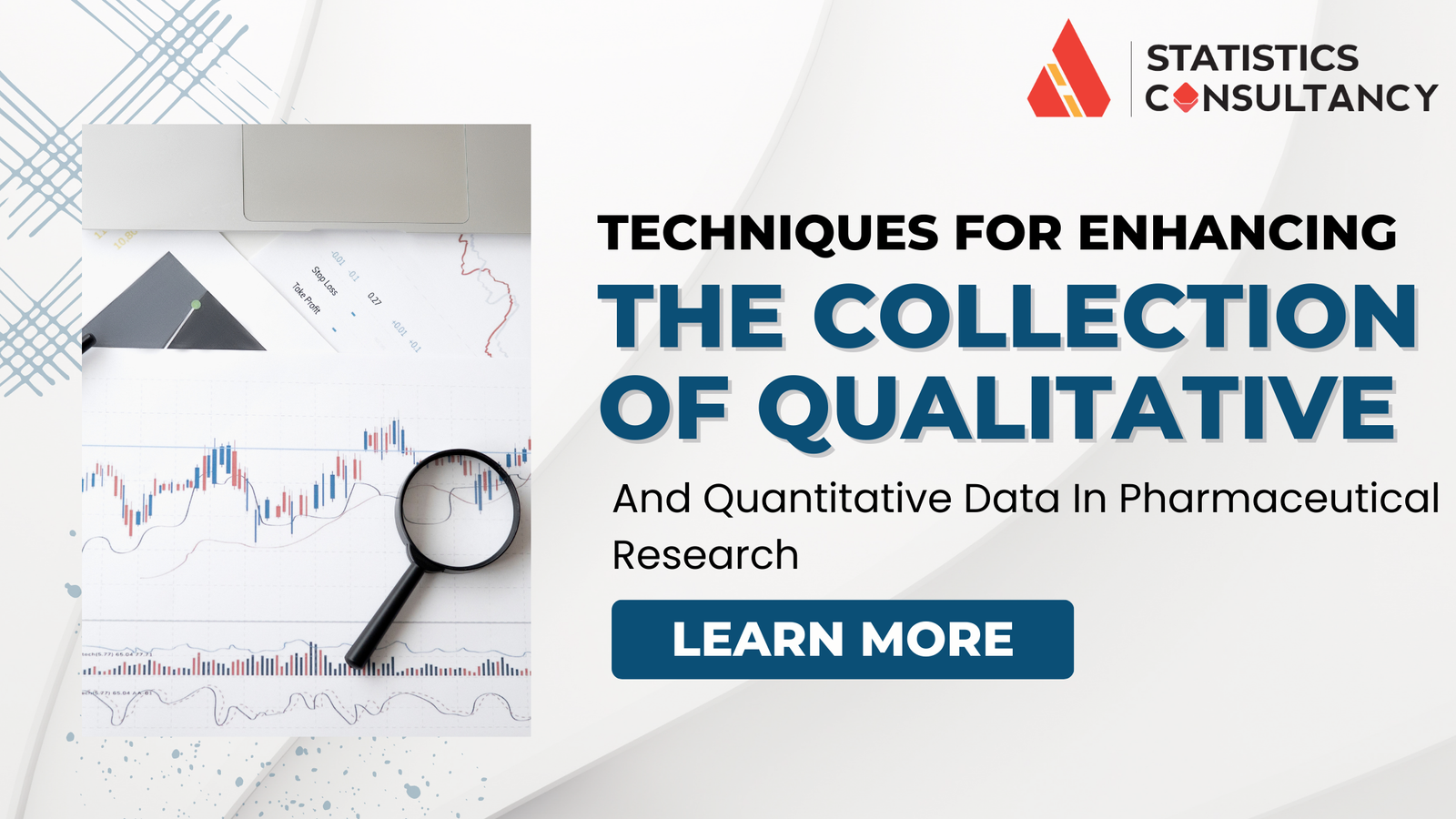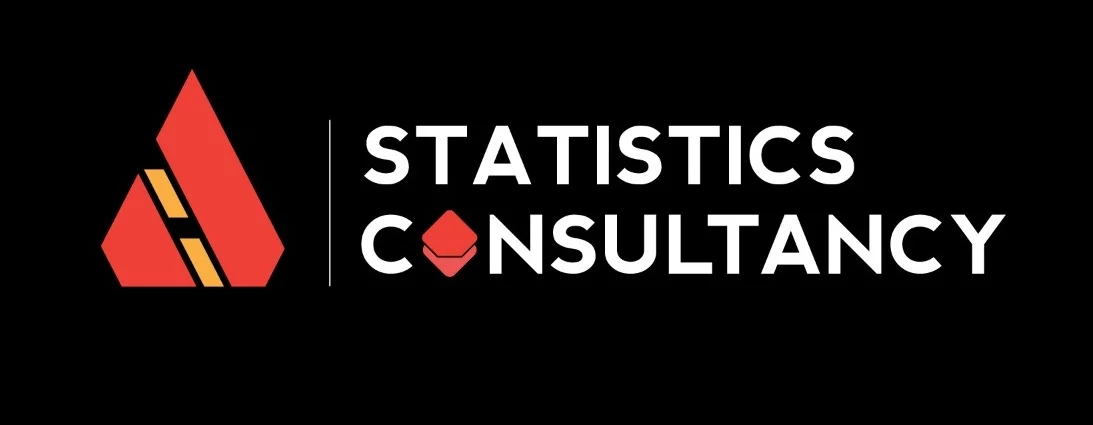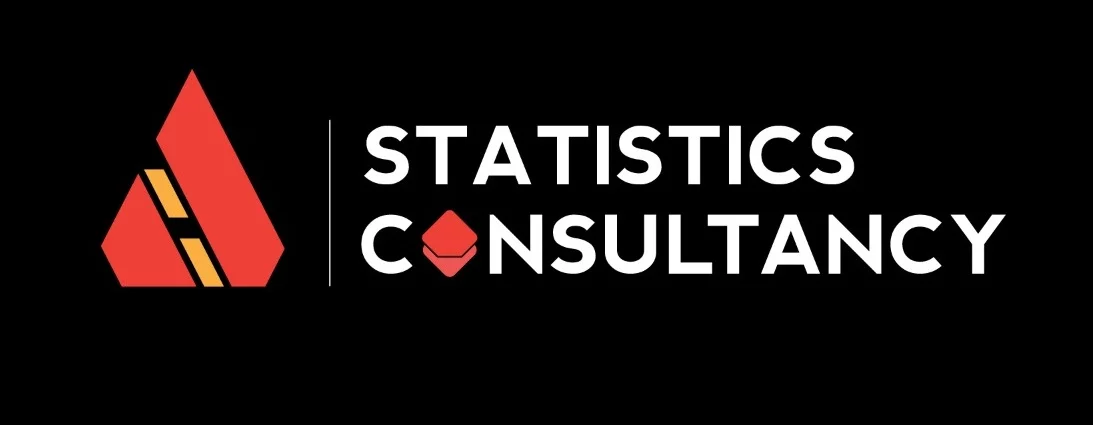
Introduction:
Pharmaceutical researchers are currently aware of rapid changes in healthcare releases, which have led to the enormous growth. Growing health issues necessitate extensive and intricate medication use. This affirms that pharmacists are important healthcare team members who may prescribe medications on par with doctors. Sometimes pharmacists serve as consultants to doctors and nurses. To achieve the best treatment outcomes, pharmacists must interact with patients and those who have other health issues. The involvement of the pharmacist in pharmacological therapy improves patients’ quality of life by yielding measurable effects. Pharmaceutical research may incorporate qualitative and quantitative data analyses by prioritizing these results.
We need data that will be gathered from several platforms for every study project. “The practice of collecting and measuring information on interesting variables, in a recognized methodical approach that facilitates one to reply to queries, planned research questions, hypotheses testing, and calculated outcomes,” is how data collection is defined. Before discussing the various methods and approaches for data collection, let’s explore quantitative and qualitative data analysis.
Quantitative and Qualitative data analysis:
Qualitative data analysis:
- Qualitative approaches are useful for describing a situation and providing direct involvement with conditions. Qualitative inquiry collects a lot of data, usually in the form of text, observation descriptions, ideas, and researchers’ conclusions
- In this type of research, the objectives are more exploratory and the researcher should explain the criteria or purpose of the work. There are three main approaches when it comes to qualitative research: communicating objectives to respondents/interviewees/data collectors; dealing with existing or developed data sets from different perspectives; and depending on past literature to prove the researcher’s findings are valid.
- Furthermore, qualitative data analysis requires detailed records of interviews. Its observations, as well as documenting the process of analysis in detail. The validity of qualitative research depends heavily on the skills, training, insights, and capabilities of the researcher at every stage.
- Companies and data-collecting services exist for almost any kind of cause or information needed. Offering a variety of primary data collection methods such as open-ended surveys/questionnaires, interviews, targeted groups, observations, and case studies.
Qualitative data analysis:
- The numerical measurement and relationships between variables are a part of the quantitative approach.
- The use of survey methodologies is fairly widespread in the sector of pharmaceutical research. This could involve agencies or businesses gathering information from respondents directly using questionnaires, known as primary data.
- It could also involve online questionnaires, which are treated the same way as online data. Numerous organizations, businesses, and online services keep data for analysis. For the goals of their study and analysis, pharmaceutical researchers obtain information from service providers and businesses.
- Data are available in numerical measurements in quantitative methods, making them more accurate and dependable for descriptive purposes. The research produces results that may readily convert into numerics, charts, graphs, and tables
Methods To Improve The Gathering Of Qualitative And Quantitative Information In Pharmaceutical Research
In the field of pharma research, both qualitative and quantitative data can be gathered through surveys. This is a broad application and can be obtained through written, oral, or electronic means. To get the desired data for your objectives, you must develop a questionnaire with the right set of questions. In this digital age, there is a more accessible method to collect data from thousands of people: well-planned online data collection services. They allow you to gather quantitative and qualitative data quickly and from the same audience in a unified way. Moreover, there are companies that specialize in this activity – giving you quick results with a high response rate, even for sensitive topics.
Pharma research
The pharma research field has seen tremendous growth by using both quantitative and qualitative techniques together. Quantitative techniques provide large amounts of data while qualitative techniques give complementary analysis – both being important factors in data collection. Regardless of which process is used to gather information, it will involve large amounts of data. Once collected, processing and analyzing must take place. Qualitative surveys also require sensitivity when it comes to responding – allowing new topics. It arises while collecting and analyzing the info. Quantitative analysis may not be able to detect non-measurable factors which could be significant in nature while qualitative methodology gives an explanatory analysis of causes and effects.
Every method has its own advantages and disadvantages. Depending on the research project, combining both methods will produce more accurate and productive results in pharmaceutical research. If we improve these methods for gathering data, the outcomes will be precise, transferable, and helpful for future studies. The cost, quality, and outcomes of pharmaceutical care. It given to patients should be held accountable for the mixed techniques. It developed in the survey data gathering services and internet businesses. Data collection services and organizations also stated that in order to function effectively in society, practitioners need to possess a broad range of attitudes, abilities, and behaviors.
Conclusion:
- It all depends on the surveys, namely on how well-structured the survey questions are for gathering data on both types.
- Finally, without supporting data, pharmaceutical research cannot make decisions about its course of action.
- If there is a lack of accurate or relevant data, research findings or conclusions cannot be made.
- Utilizing updated data collection methods is encouraged for wise and appropriate selections. In order to acquire data through specialists, more refined and appropriate data collection procedures have been established.

